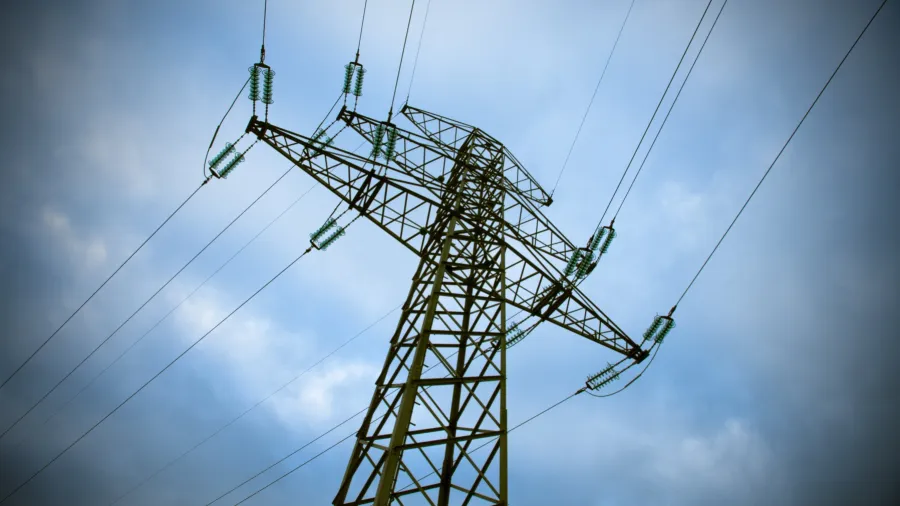
India accelerates energy storage systems addition
Around 60% of the over 8 GW of tenders were awarded in 2023.
India is ramping up its energy storage systems (ESS) that will support the robust growth of the country’s renewable energy capacity, with large and grid-scale (ESS) expected to drive the installations.
In a statement, the Institute for Energy Economics and Financial Analysis and JMK Research and Analytics said India’s policymakers have awarded over eight gigawatts (GW) of ESS tenders, with around 60% of which were allocated in 2023.
Central Electricity Authority projects the country will require 42 GW of battery-based ESS, and 19 GW of pumped hydropower storage by 2030, two of the “most widespread and commercially viable” energy storage technologies in India.
“The exponential surge in renewable energy installations within the past decade has exposed the grid infrastructure to increased risks arising from renewables’ intermittent and variable nature, especially solar and wind. ESS is crucial in overcoming this intermittency and enabling a continuous energy supply when needed,” Vibhuti Gard, Director, South Asia, IEEFA.
ALSO READ: India’s hydroelectric firm to invest in 750 MW pumped hydro storage project
“Thus, for sustainable renewable energy addition, a concurrent growth of ESS capacity is also imperative,” she added.
IEEFA and JMK Research said that large and grid-scale ESS projects are vital in meeting these targets, noting that the Firm and Dispatchable Renewable Energy (FDRE) tenders issued last year offer an “ideal model” for the country.
“FDRE tenders are demand profile-driven tenders to ensure firmness and dispatchability of renewable energy, and create a win-win scenario for power developers and offtakers,” says the report’s co-author, Jyoti Gulia, Founder, JMK Research.
“With similar power quality and declining costs of renewable energy and ESS, FDRE can potentially replace thermal, a situation electricity distribution companies (DISCOMs) are already exploring,” she added.
The report added that FDRE is the “latest and most advanced iteration” of tender models like round-of-the-clok, Solar + BESS and standalone ESS, with tariffs comparable or lower to that of fossil fuel-based generation.
Tariffs of grid-scale FDRE storage projects are also expected to be more attractive over time as they mature given the longer tenures of up to 25 years.
Policy measures such as the energy storage obligation targets are also playing a key role in creating a conducive environment for deploying ESS projects in India.

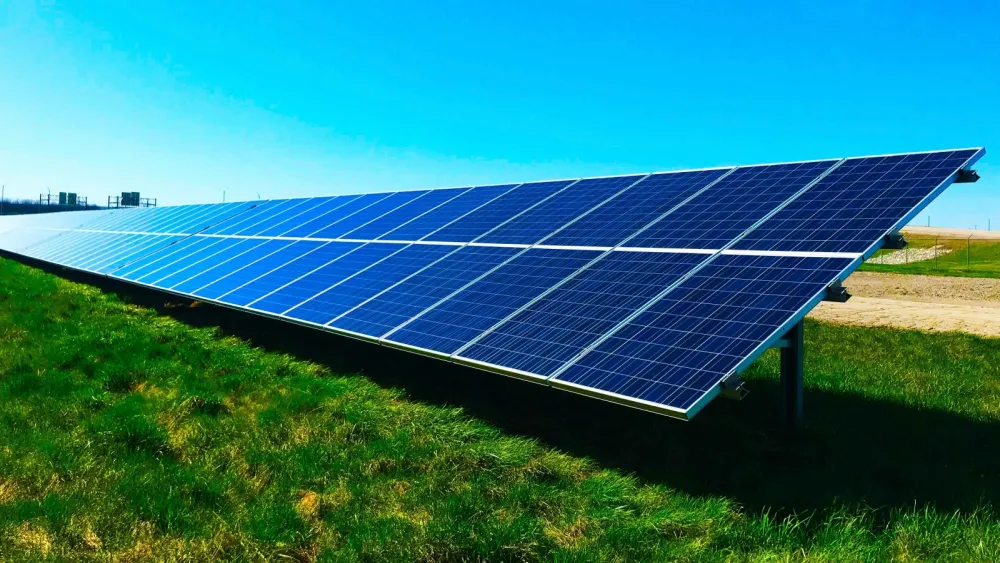
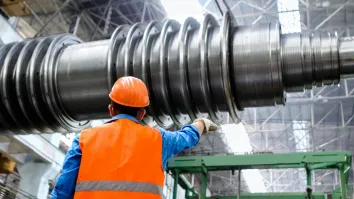
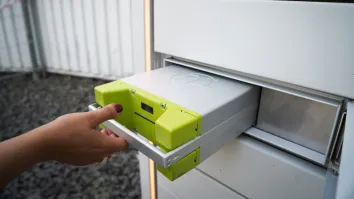
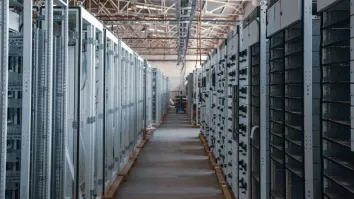
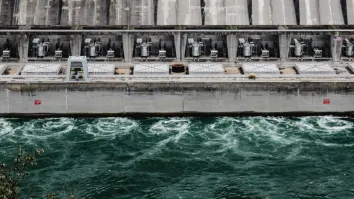













 Advertise
Advertise







